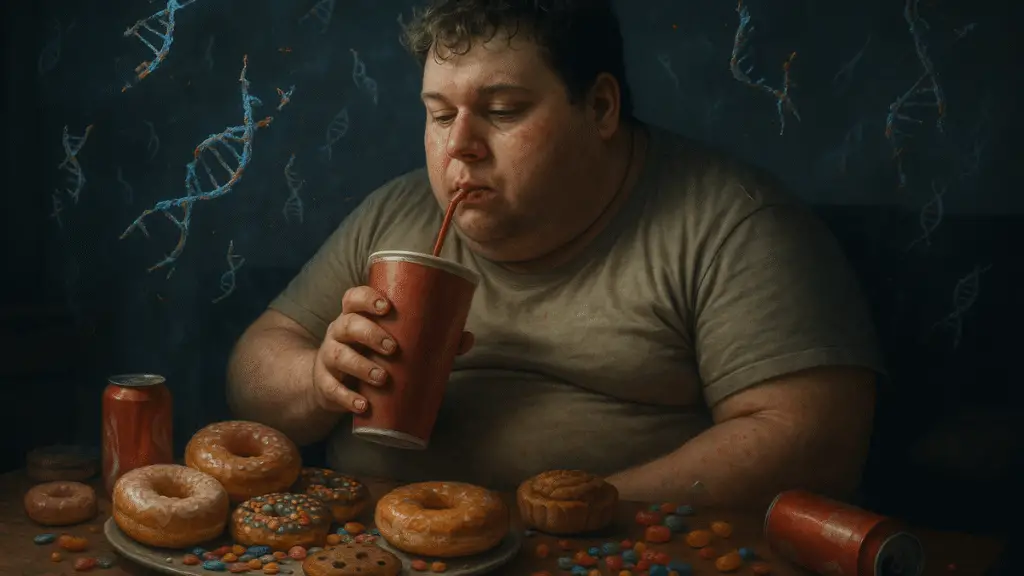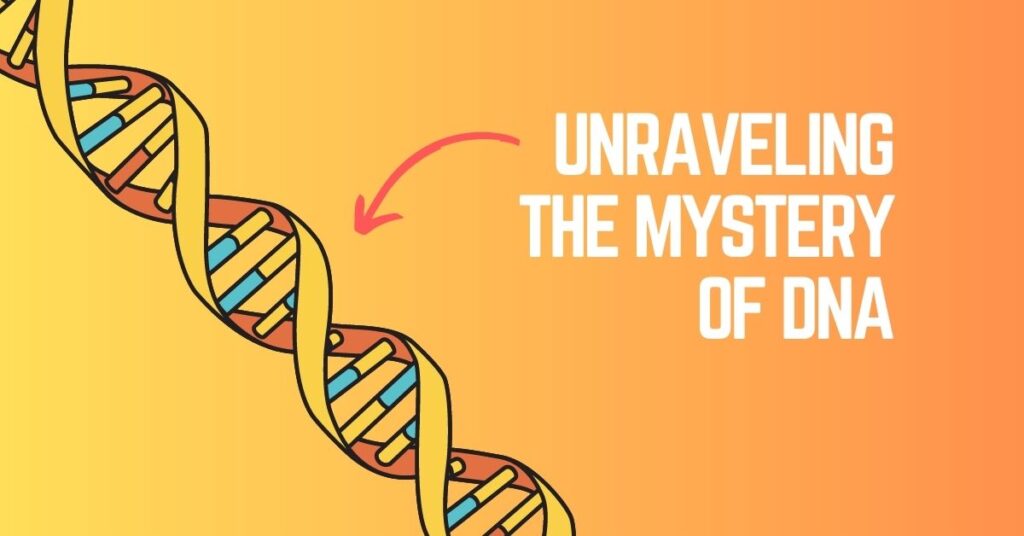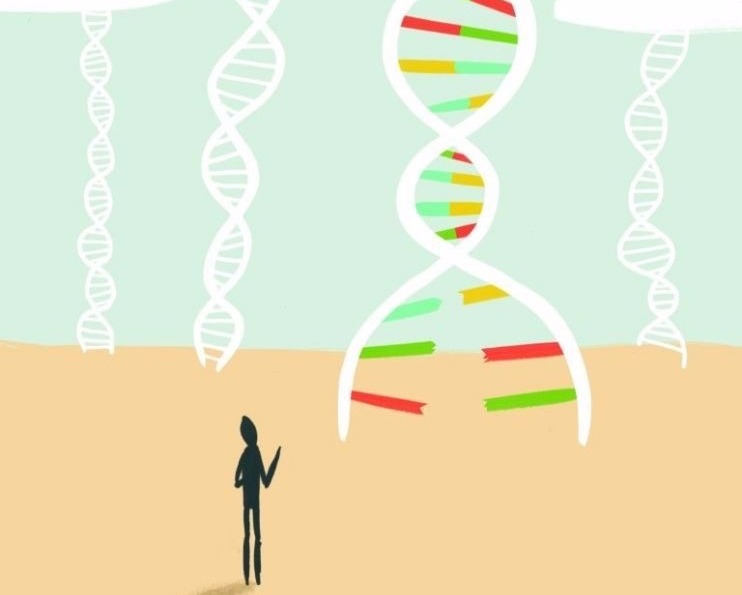Are you someone who gets sugar cravings all day?
Satisfying that sweet tooth may feel harmless to you, but it might be harmful to your DNA. Recent research reveals that overconsumption of sugar doesn’t just affect your weight or blood sugar; it can actually damage your DNA.
Just like our Cooking habits or tech habits!
The intake of highly processed foods, sugary beverages like sodas and energy drinks has increased substantially in the past few years. These sugary beverages have become a part of the everyday diet of many.
In our previous article, we already discussed how the overconsumption of coffee can be harmful for our DNA; you must check it out too.
In this article, we will explore the sugary part of your diet.
I know you might be thinking, How can something as sweet as sugar be harmful?” But on the contrary, sugary food and sugary beverages are sweeter on your tongue and bitter for your DNA.
And it is not just me, science has conducted several research and studies over the years to identify the effects of overconsumption of sugar on our health and, more importantly, on our DNA, and the results are quite alarming.
So let’s look at the scientific explanation,
Key Topics:
Sugar and epigenetic alteration:
In a research article published in the journal epigenomics, the scientists recruited 15 healthy young men and these men were put in a two week diet plan in which one week they were on a standardized healthy diet and for another week they were on a diet in which sugar intake was ramped up to 15% than their normal energy needs through sweets and sugary drinks.
The team used whole-genome bisulfite sequencing (WGBS), a high-resolution method that maps DNA methylation at millions of sites across the genome.
Let me explain what DNA methylation is and what it means for our health. DNA methylation is an epigenetic marker that can turn genes on or off without changing the DNA sequence itself. In germ cells, this mechanism plays a crucial role in fertility and gene expression.
The results of this study were quite shocking. After just one week of the sugar overload, scientists noticed methylation at several sites on genes linked to male fertility, imprinted genes (that pass information from one generation to another) and highly active genes in the sperm.
In simple terms, the study shows that too much sugar can reprogram sperm DNA methylation in a way that may affect fertility and possibly the health of the next generation.
Sugar and DNA damage:
Another study published in Cell Metabolism provides strong evidence that excess sugar can disrupt glucose metabolism and lead to DNA damage in the pancreas, and this has been proven to be a key factor in pancreatic cancer.
From both in vivo and in vitro studies, it was evident that this DNA damage, eventually resulting in pancreatic cancer, was triggered specifically by high glucose exposure and not other nutrients.
Although more research and studies are required to confirm if overconsumption of sugar actually fuels pancreatic cancer in humans, this study strongly suggests that limiting sugar intake and controlling blood glucose protects DNA integrity in the pancreas and can therefore reduce the risk of cancer.
Both of these studies that we discussed suggest that overconsumption of sugar can interfere with our genetic health.
Related article: What is Genomic Imprinting? – Concept Explained.
Key takeaways:
- Sugar is okay, but in moderation.
- Overconsumption of sugar is harmful to your metabolism.
- Excess sugar can lead to DNA damage and genetic instability.
- Overconsumption of sugar can be a key reason for pancreatic cancer.
Wrapping up:
We often see excess sugar as a threat to our thin waistline and blood sugar spikes, but excessive sugar intake can also have a harmful and long-lasting effect on our genes.
This doesn’t mean we have to stop the intake of sugar, throw sugar out of our lives.
Our body can handle occasional indulgence, but the harm starts when sodas, energy drinks, and ultra-processed sweets become a daily part of the diet, and as we know now, the cost is not just the increasing calories.
Our daily choices play a vital role in our health as well as our genetic health. Nothing can be bad for us when they are taken in moderation. But when the consumption of these compounds crosses the limit, that’s when the harm starts.
Resources:
Hu, Chun-Mei, et al. “High Glucose Triggers Nucleotide Imbalance through O-GlcNAcylation of Key Enzymes and Induces KRAS Mutation in Pancreatic Cells.” Cell Metabolism, vol. 29, no. 6, 7 Mar. 2019, pp. 1334-1349.e10, https://doi.org/10.1016/j.cmet.2019.02.005.
Jönsson, Josefine, et al. “Impact of Excess Sugar on the Whole Genome DNA Methylation Pattern in Human Sperm.” Epigenomics, vol. 17, no. 2, 20 Dec. 2024, pp. 89–104, https://doi.org/10.1080/17501911.2024.2439782.


